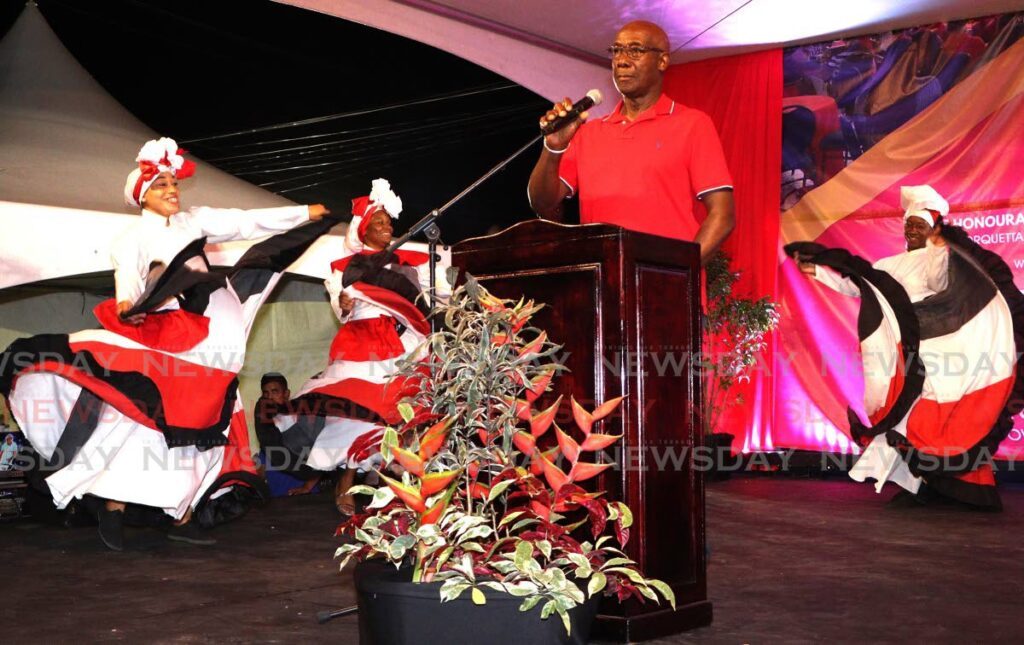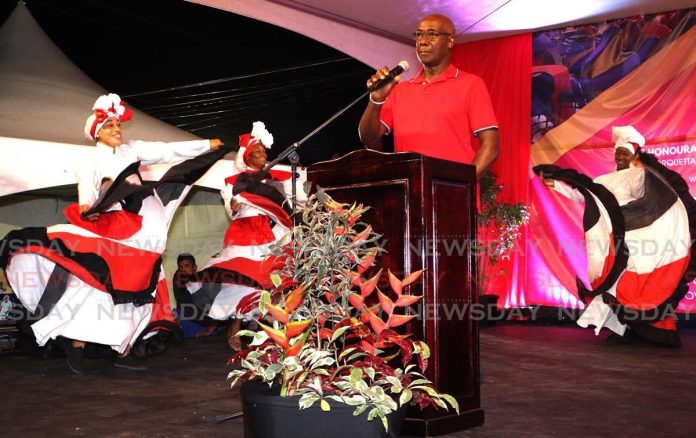Jada Loutoo

SEVEN years after an election court docket pushed apart election petitions brought by the United National Congress (UNC), the task of assessing factual prices owed to the Folks’s National Motion (PNM) started this week within the Excessive Court docket.
The petitions, filed in 2015 by the UNC, challenged the outcomes of that year’s total election in six constituencies, citing the Election and Boundaries Commission’s (EBC) decision to lengthen polling hours by an hour owing to heavy rain.
The UNC lost its challenges in every the Excessive Court docket and the Court docket of Allure, and orders have been issued requiring its candidates to pay the factual prices of the PNM and EBC.
In a assertion, the PNM acknowledged delays by the UNC had prolonged the associated price-recovery task for years.
“The six-year delay of those issues has prevented the PNM from getting what’s rightfully its possess,” the assertion learn.
The PNM acknowledged even though it filed its payments of costs in October 2018, the task of taxation – the court docket’s evaluate of factual prices –only started this week.
At Wednesday’s listening to, sooner than Registrar Kernika Adolphe, attorneys Gerald Ramdeen and Jayanti Lutchmedial-Ramdial represented the UNC Senior Counsel Ravi Nanga appeared for the PNM, alongside attorneys Ravi Heffes Doon and Alana Bissessar for the EBC.
Each the PNM and EBC objected to extra delays, urging the court docket to proceed.
PNM chairman Stuart Young, SC, addressed the court docket, opposing any adjournment.
He argued that the delays have been prompted by the UNC, which had failed to file written objections to the factual prices as directed by a court docket give an explanation for in July 2020. Young known as extra delays “unfair and unreasonable,” emphasising that the PNM had waited years to enhance the prices incurred defending the petitions.
Adolphe ruled in opposition to adjourning, and initiated the taxation task.
The UNC’s petitions had argued in opposition to the EBC’s decision to lengthen polling hours on election day, which the commission acknowledged was obligatory to accommodate voters plagued by dangerous weather.




